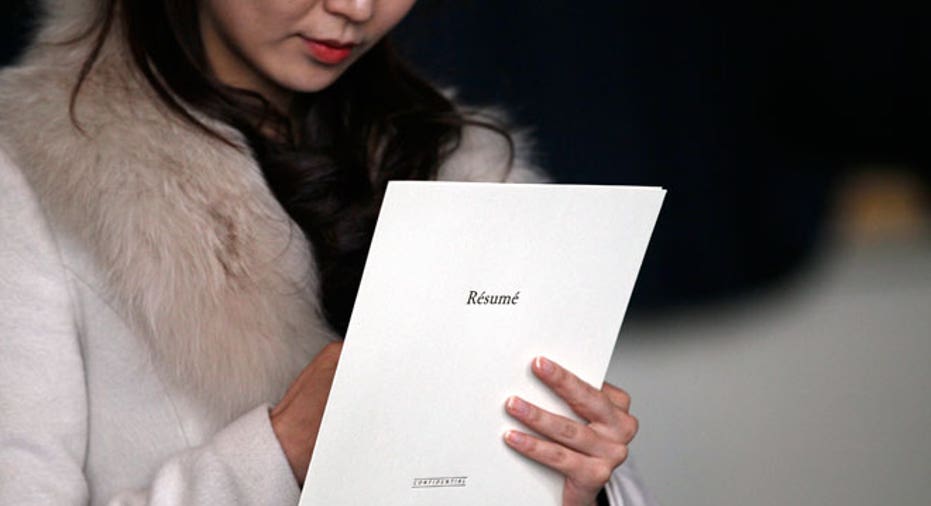Does Your Company Have a Hiring Bias? Here's How to Stop It

U.S. employers are prohibited by law from discriminating against job candidates based on their age, sex, religion, ethnicity and other personal characteristics. Employers know this and claim to abide by the law. Yet between October 2011 and September 2012, nearly 100,000 private-sector workplace job bias charges were filed with the Equal Employment Opportunity Commission.
What's happening in these workplaces? Greg Moran, founder and CEO of predictive hiring software company Chequed, believes that, despite the growing number of diversity hiring initiatives, hiring managers are falling prey to their own inherent, subconscious biases about factors like physical attractiveness, height, weight and charisma.
"Overt bias is exceedingly rare, but unintentional, abstract bias can occur," Moran told BusinessNewsDaily. "It's human nature; employers use their gut reactions to job candidates and hire people like themselves that they get along with. This can be dangerous because employers don't even realize there's bias in their hiring process." [5 Common Hiring Mistakes Employers Make]
One telltale sign of subconscious hiring bias is basing a hiring decision more on the candidate's match with the company culture than on his or her qualifications.
"Fitting in to the company culture is critical, but a successful hire has to fit the culture and the job," Moran said. "If it's just about the culture, it's not going to work."
In order to avoid these types of biases, Moran suggested that companies look at their hiring process and take the time to thoroughly structure and define it. Employers should identify and target the key competencies needed for the job, and structure their process around those needs.
An unstructured process causes subconscious bias, he said. "Look at your candidates and ask, can they do the job?" he added. "Will they do the job? Have they done it before, and if not, do they have the transferrable skills to do it?"
In addition to thoroughly screening a candidate based on his or her qualifications, Moran recommended involving multiple people in the interviewing process (including department heads and executives), conducting reference checks, and properly training recruiters and hiring managers to recognize all types of bias.
Originally published on BusinessNewsDaily.



















